Coronavirus Updates
Are People with Blood Group ‘A’ More Vulnerable to COVID-19?
4 min read
By Apollo 24/7, Published on - 09 March 2021, Updated on - 18 October 2022
Share this article
0
63 likes
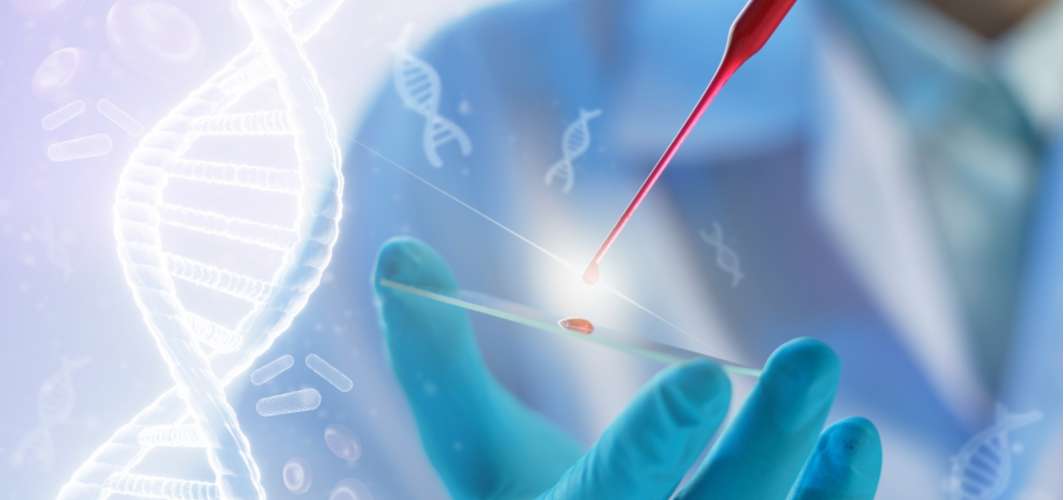
Doctors and scientists around the world are conducting numerous experiments to understand the mode of action of the novel coronavirus, SARS-CoV-2. Due to its highly infectious nature, anyone can contract the virus, be it a healthy person with a strong immune system or a newborn baby.
A recent study has shown that people with certain blood types could be at an increased risk of contracting COVID-19. The research conducted by the scientists of the Harvard Medical School is the first laboratory study to determine that the COVID-19 virus preferably recognizes and attaches to blood group ‘A’ antigen found on the respiratory cells of people with ‘A’ blood group.
Determining the relationship between blood groups and COVID-19 virus
A new study published in the journal Blood Advances on 3rd March 2021 examined the role of a protein present on the surface of SARS-CoV-2, the receptor-binding domain (RBD), in infecting human cells. The RBD is a part of the spike protein that attaches itself to the receptors present on the host cells (human cells).
In this study, scientists from the Harvard Medical School used synthetic (artificial) blood group antigens, which are a type of protein or carbohydrates found on the surface of the respiratory cells (cells that form the breathing tract) and red blood cells. These blood group antigens are found in people with blood group A, B, and O.
These blood group antigens were exposed to the COVID-19 virus in the laboratory. The study aimed to determine how the RBD of SARS-CoV-2 interacts with each unique blood antigen.
Results of the study
The results of the study showed that:
- Though it is believed that the coronavirus enters the human cell when the RBD of spike protein (present on the outer coat of the virus) interacts with ACE 2 receptors, the RBD of SARS-CoV-2 can also interact with other molecules such as blood group antigens to infect the human cells.
- It was found that the RBD of SARS-CoV-2 had a strong affinity for blood group A antigens, which were present on the respiratory cells.
- It was also found that the RBD of SARS-CoV-2 did not bind with the antigens of any other blood groups, irrespective of their site (red blood cells or lungs).
With this study, scientists concluded that people with an ‘A’ blood group have a higher risk of contracting COVID-19 than other blood types.
Past studies showing different risk levels for different blood groups
Studies conducted in past have also shown that people with blood group A are at increased risk of contracting COVID-19 disease, while people with blood group O are comparatively less prone to contract the virus.
- A study published in the New England Journal of Medicine on 17th June 2020 included 1980 COVID-positive patients who were admitted to the hospital across Spain and Italy. The study conducted by the geneticists of COVID-19 Host Genetics Initiative concluded that out of all the patients, those with blood group A suffered severe symptoms of COVID-19. Patients with blood group O were least susceptible to the virus than every other blood type.
- Another study conducted by a gene testing organisation, 23andMe, in September 2020 included 7.5 lakh people and found that in the regions with high exposure of COVID-19, people with O blood type were 13 to 26% less likely to test positive as compared to the people with other blood groups.
- Research published in the journal Blood Advances on 20th October 2020, including 95 people with severe COVID-19 showed that out of the 95 patients, 84% had ‘A’ blood group and required mechanical ventilation for breathing, while 61% of the group had blood group ‘O’ and ‘B’.
Conclusion
Scientists believe that by determining the capacity of SARS-CoV-2 to specifically attach to the blood group A antigen (present in the lungs of people with ‘A’ blood group), they will be able to find a way to prevent the severity of COVID-19 disease in people with ‘A’ blood group. More research is needed to determine the role of genetic factors such as blood groups in the patients of COVID-19. In the absence of a definite cure, people must follow social distancing, wash their hands frequently, wear a mask, and get vaccinated when it is their turn - to avoid getting infected with severe illness and prevent the spread of COVID-19.
Coronavirus Updates
Leave Comment
Recommended for you
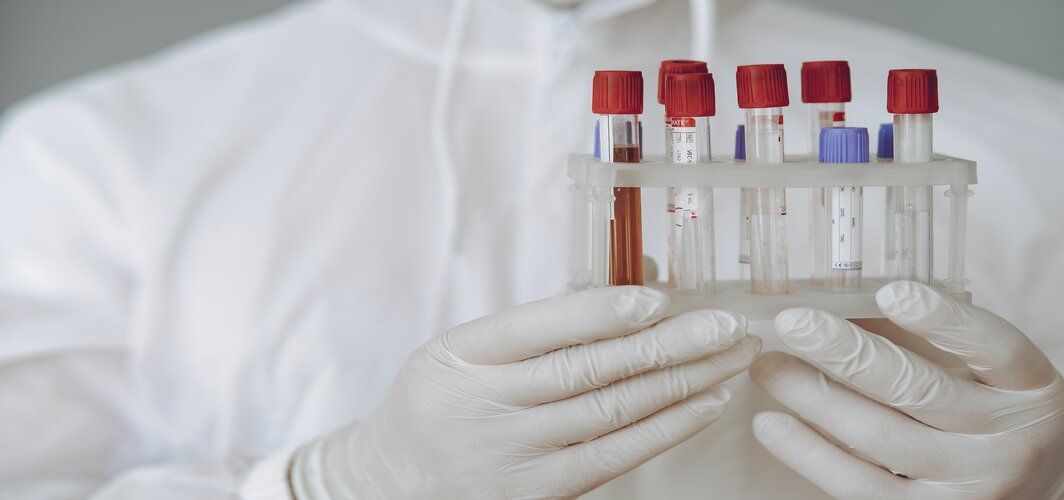
Coronavirus Updates
What Are The Different Types of Coronavirus Tests?
When a pandemic strikes, one of the most effective strategies to combat it is by ramping up and simplifying testing procedures. Here's what you should know about the various COVID-19 tests.
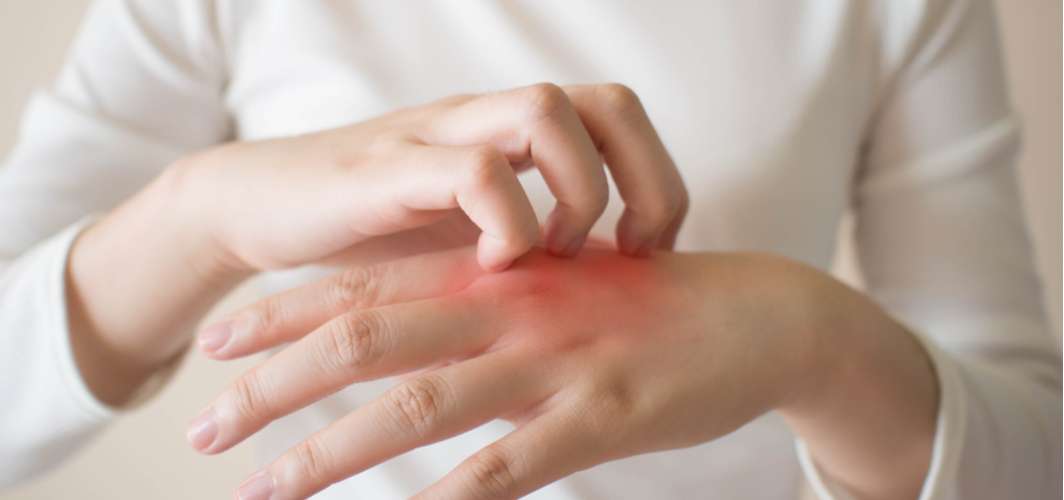
Coronavirus Updates
Mucormycosis: Black Fungal Infection in COVID-recovered Patients
Besides infections such as oropharyngeal candidiasis, pneumonia, etc., doctors have also reported several cases of a serious fungal infection called mucormycosis in COVID-infected patients.
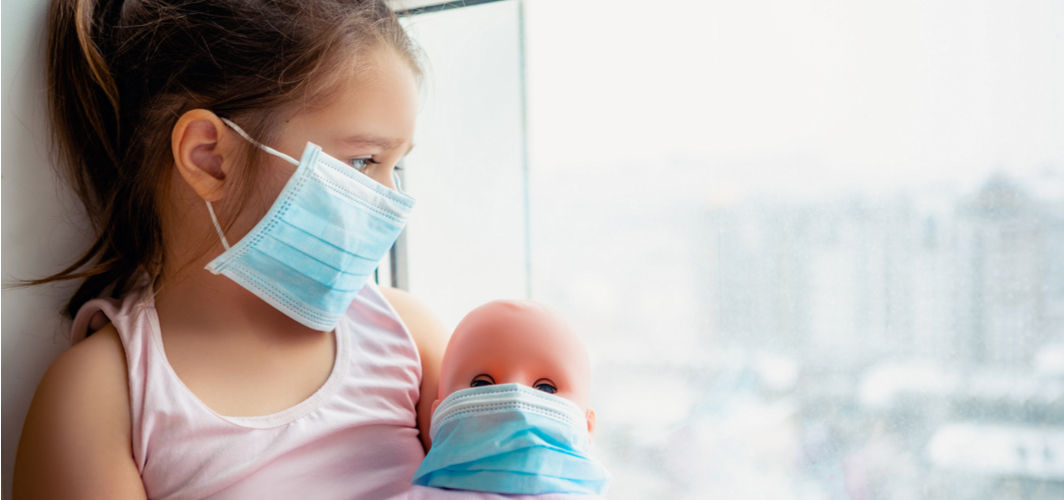
Coronavirus Updates
Children and Long Covid: What Is Known so Far
The rise in infections among children is putting them at an increased risk of long COVID as well. The long COVID symptoms observed in children are similar to those experienced by adults.
Subscribe
Sign up for our free Health Library Daily Newsletter
Get doctor-approved health tips, news, and more.
Visual Stories
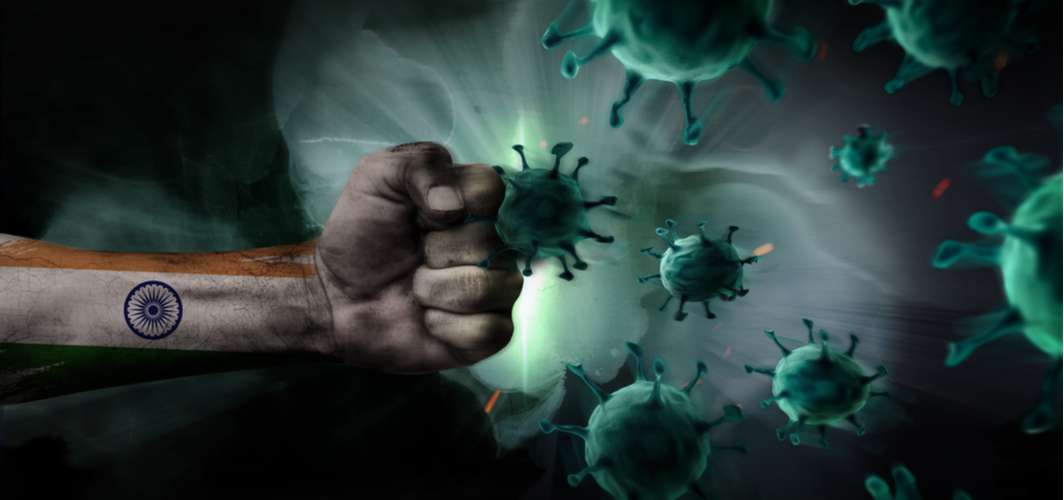
Can India Beat the COVID-19 Surge?
Tap to continue exploring
Recommended for you

Coronavirus Updates
What Are The Different Types of Coronavirus Tests?
When a pandemic strikes, one of the most effective strategies to combat it is by ramping up and simplifying testing procedures. Here's what you should know about the various COVID-19 tests.

Coronavirus Updates
Mucormycosis: Black Fungal Infection in COVID-recovered Patients
Besides infections such as oropharyngeal candidiasis, pneumonia, etc., doctors have also reported several cases of a serious fungal infection called mucormycosis in COVID-infected patients.

Coronavirus Updates
Children and Long Covid: What Is Known so Far
The rise in infections among children is putting them at an increased risk of long COVID as well. The long COVID symptoms observed in children are similar to those experienced by adults.